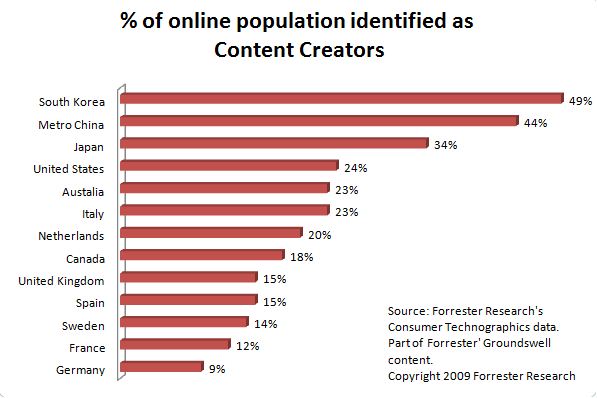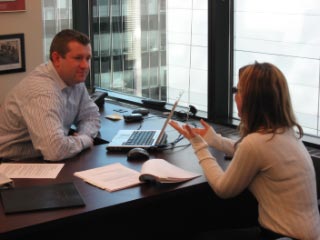Yesterday, I posted part 1 of my Personal Brand Camp keynote presentation, in which I talk about my pre-social media existence and my general approach to presenting myself online. Today, in part 2, I talk about what I have learned and offer some guidelines that I live by.
If you are thinking about the concept of your “personal brand” or simply how others see you online, I hope you find these simple rules to be helpful.
There’s only one me
Personal brand sounds like a marketing concept, something where can I separate myself from my brand and my brand is a contrivance. That’s not possible. Ultimately, my brand is about me. And there’s only one me.
Be conscious of my decisions, but never contrived
I make conscious decisions about what I will reveal (I protect my privacy by thinking through my boundaries in advance), what I want to say about things and how I want to interact with other people. Authenticity will be seen. Duplicitousness will be seen through.
I must be conscious of my decisions, which is good, but definitely not contrived, which would be artificial and bad.
Be introspective and self aware
Before going online, I ask myself, “Who do I want to see in the mirror?” Once online, I’m mindful of how others perceive me. I must acknowledge that what other people see in me is what I am. And I understand that if others don’t see the same person who I see in the mirror, then I have failed in communicating who I really think I am.
Lies will be found out
There’s no point in trying to construct and project a “public persona” different from the private person. And the judgment that I exercise in my personal life will reflect upon the judgment that I may exercise in your public life.
I can’t hide deception. We’re all just too visible for that. And too many of our friends are online and connecting with one another. If they see deception, they’ll recognize it and they’ll call it out. So, I try always to be honest and not live a lie.
It’s not just about the words. Actions speak louder.
From time to time, I have been called to account through social media. I may not like what people tell me. But I must listen to what they say and accept that some of it may be right. And if it is, the true test of my character is whether I act upon it. If I’m not prepared to change the way I am, I will be a lesser person.
Be human. Be vulnerable
Vulnerability is a basic human condition. If we aren’t willing to show our vulnerability, we won’t come across as authentic or trustworthy.
I’ve learned to admit when I have uncertainties. It’s hard to do. But it will lead to much stronger and real relationships.
“Draft” is my friend
It never hurts to think twice about something we might want to say. If I’m in doubt, if I’m writing in the heat of the moment, I save it, sleep on it and don’t hit the “publish” button until I’ve had time for second thoughts. ‘Nuff said.
Sarcasm and sniping are the refuge of the unimaginative
Why hurt someone to demonstrate how smart and witty I am? It’s harder to be original in my thinking and to advance our understanding in a positive way. Why not be kind, honest and helpful to everyone? It won’t cost anything and I’ll feel a lot better about myself when I face that moment of truth before sleep puts an end to the day.
Don’t feed the trolls
I never respond to anonymous comments. Unless I recognize truth in what they say. (See “Actions speak louder” above)
Trust is the currency and I have to earn it
You’ve heard the mantra before: Transparency, authenticity, reliability, generosity. Absorb them. Live them.
I try not to keep a tally sheet of who received how much. Instead, I simply give as best I can and then celebrate when I receive something back.
Become the person I want to see in the mirror
Put all of this together and I will thrive in social media. At least this is what I believe and this is what I try to live by.
 Are you interested in helping to organize Third Tuesday Toronto?
Are you interested in helping to organize Third Tuesday Toronto?



